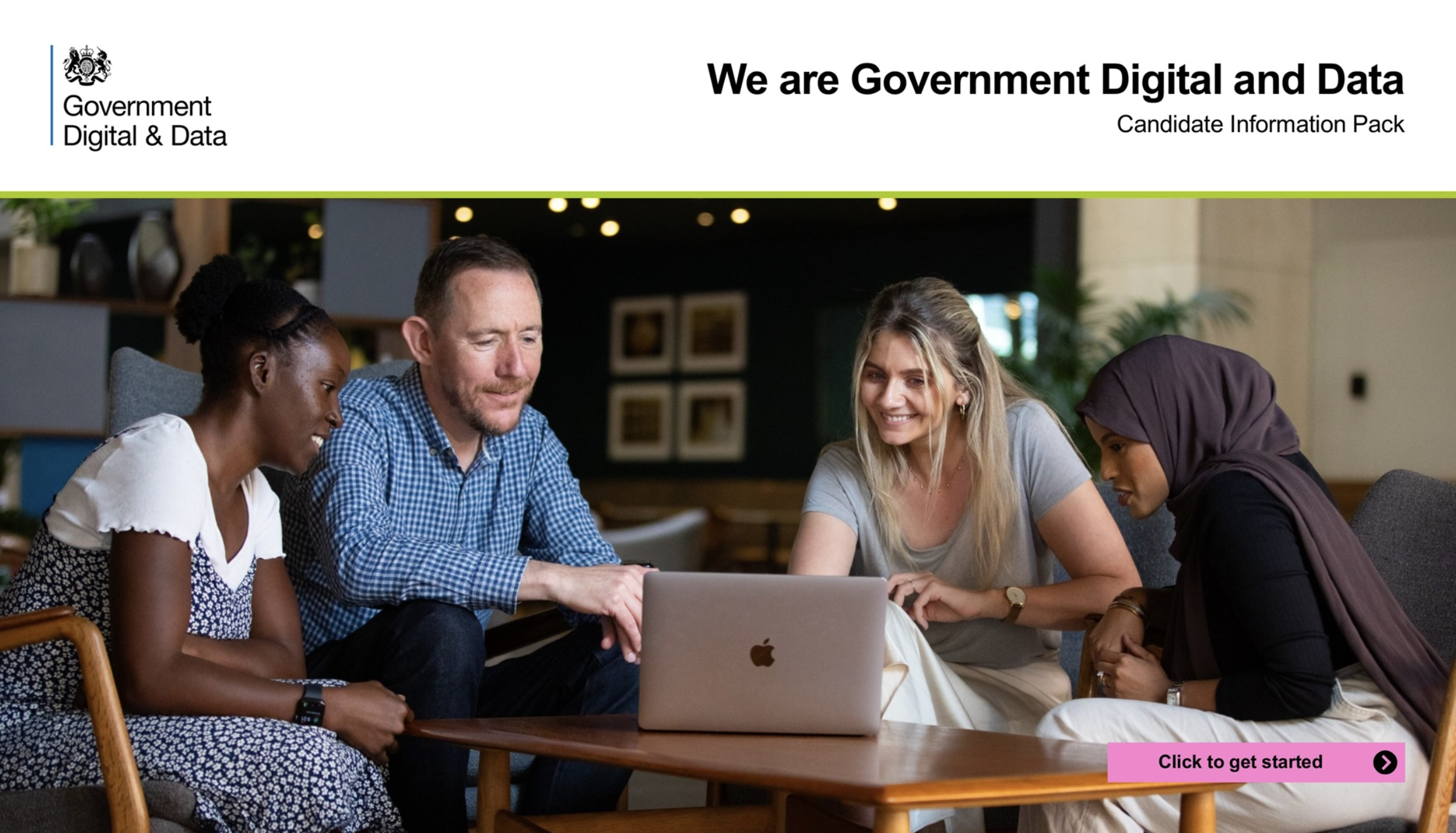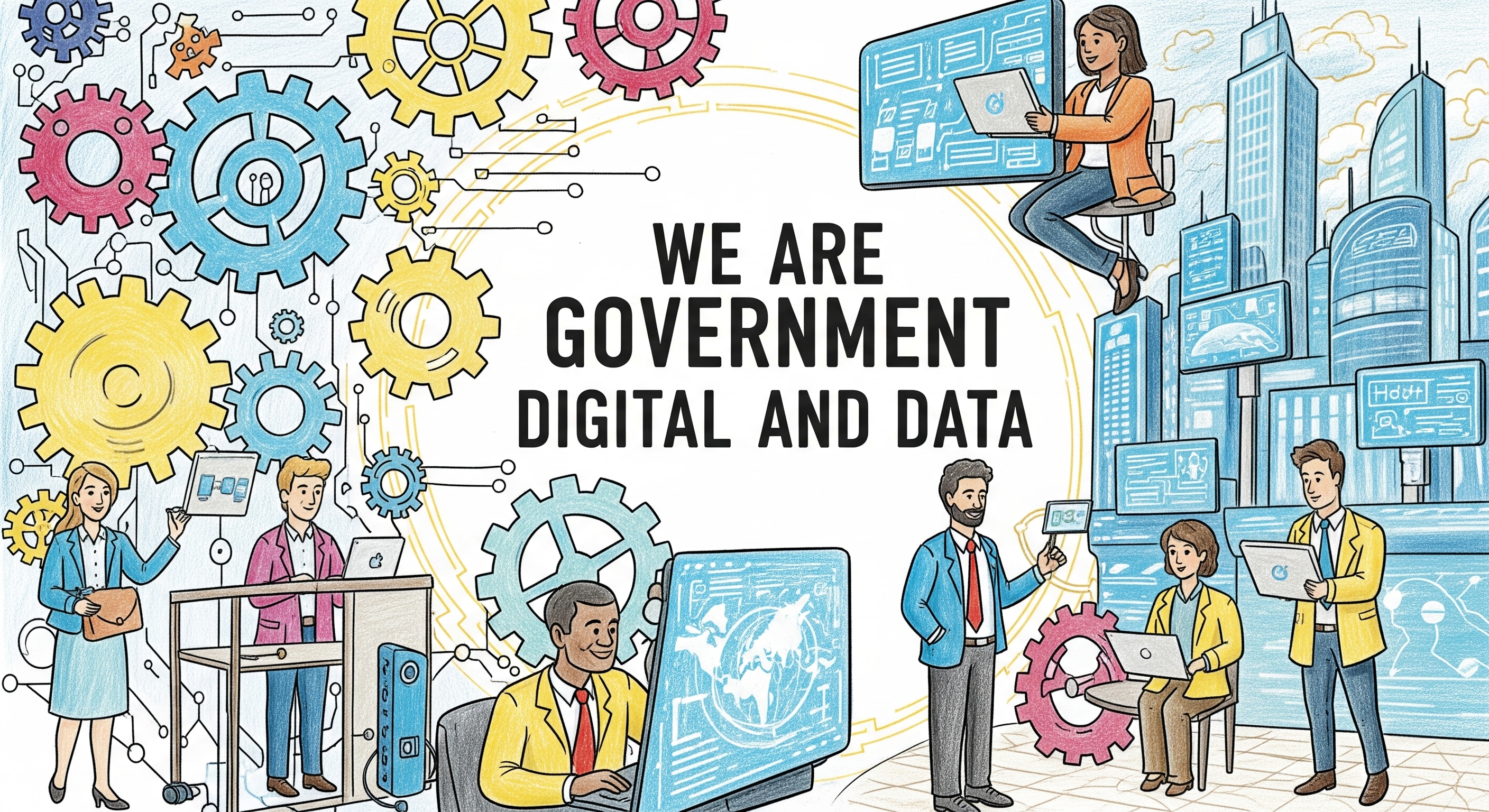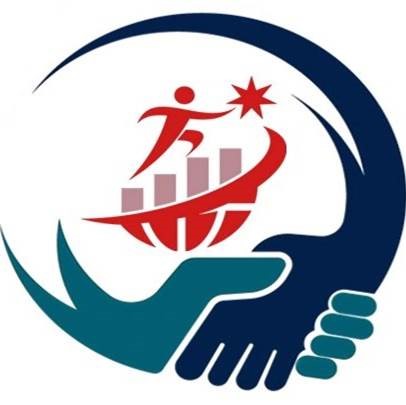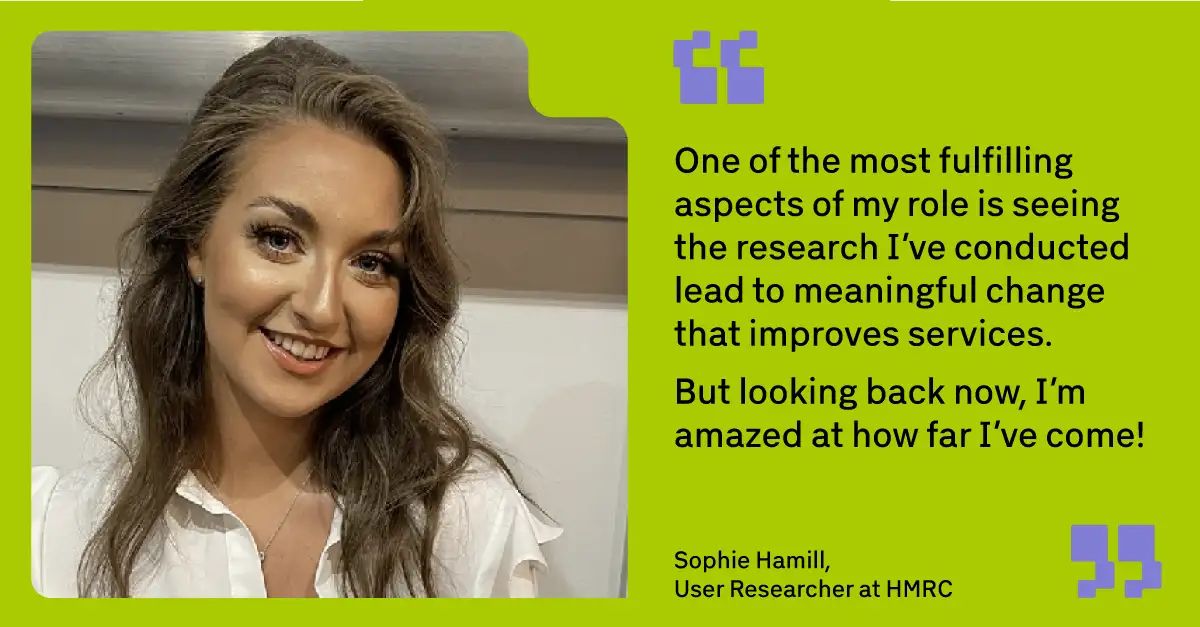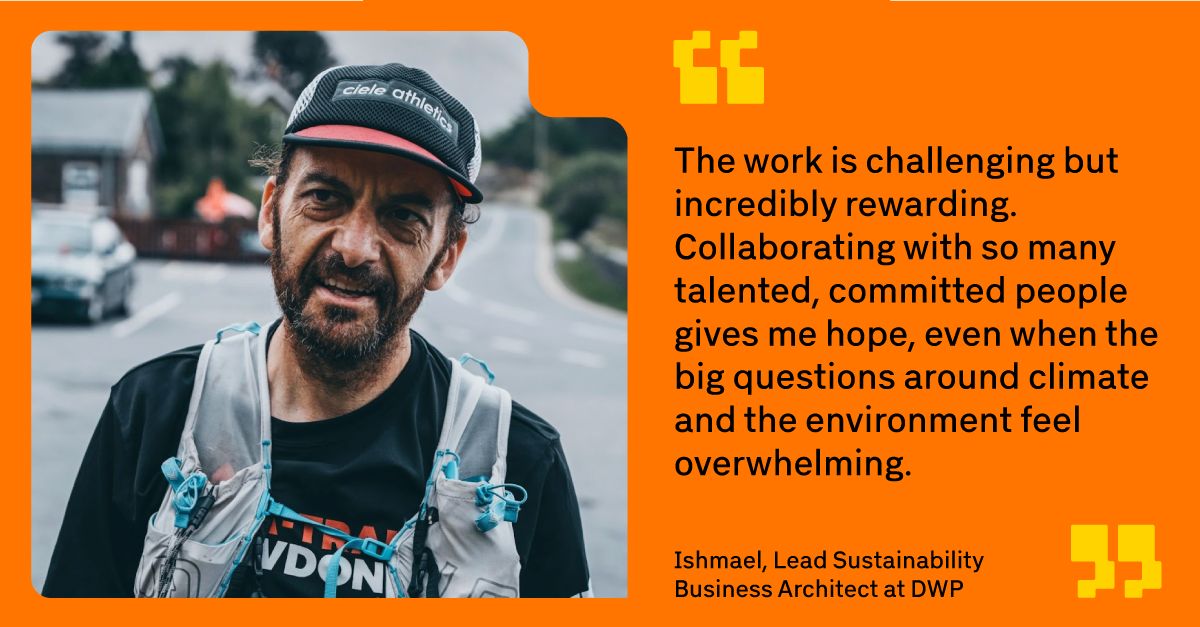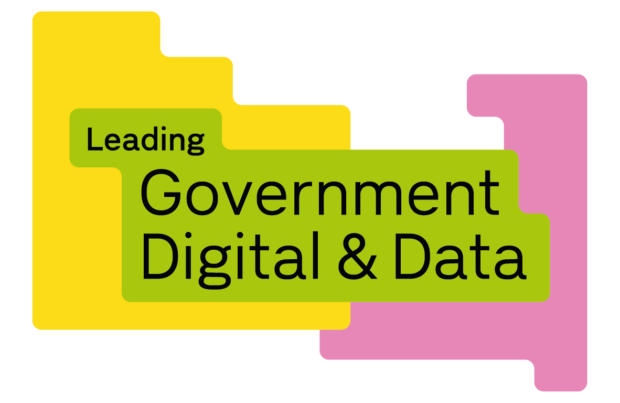Lead Technical Architect - DfE - G6
Government Digital & Data -
Location
Coventry, West Midlands (England), CV1 2WT : Darlington, North East England, DL1 5QE : Manchester, North West England, M1 2WD : Sheffield, Yorkshire and the Humber, S1 2FJ : City of Westminster, London (region), SW1P 3BT
About the job
Job summary
These are exciting times in the Department for Education.
Our digital services have been migrated onto public cloud and we’re on a journey of maturing our technology, and how we work, to take full advantage of cloud-native and network technologies. Our goal is to make our digital delivery faster, cheaper and more secure.
Our diverse and inclusive culture in DfE reflects the society we live in - this helps us to achieve better outcomes for all our users. We typically work in Agile teams, so we can innovate and radically improve services that: raise education standards and provide the best start in life for children; support disadvantaged and vulnerable children and young people; and drive economic growth.
If you are successful, you will help the DfE Connect team in transforming how schools access information and support from the Department by designing and delivering a joined-up and personalised offer for the sector.
Job description
As a Lead Technical Architect, your main responsibilities will include:
- Defining, maintaining, and championing the technical strategy for a service or group of services - keeping up to date with the latest technologies and trends, whilst delivering working software early and often.
- Leading technical specialists in multiple projects and services, on problems that require broad architectural thinking.
- Defining how to build and operate user-centred, open source web systems in an agile environment, to serve a variety of citizen and government needs.
- Being responsible for the technical design and development of your service(s), including how they interact with their surroundings, and how they evolve over time.
- Challenging entrenched practices and influencing decision-makers, looking for deeper underlying problems to solve, and larger opportunities for digital transformation.
- Communicating the vision for government services to developers and non-developers alike, working in multi-disciplinary teams that bring policy and delivery together.
- Playing an active role in the DfE architecture community, where you will share knowledge of tools and techniques, as well as joining related communities of practice and events where appropriate, such as product, user research, design, platforms, security, etc.
- Helping to build a diverse, inclusive culture across the architecture community.
- Working with the Head of Profession, colleagues and peers on profession-based activities (and cross-profession), such as defining standards and guidance around best practice.
Person specification
Essential Criteria
Assessed at application and at both interview stages:
- Experience leading technical teams and delivering user-centred services in an agile environment.
- Experience working with cloud-first architectures and how to build applications that take advantage of the opportunities they offer.
- Experience of software development in either .Net, Ruby or similar, and introducing modern software engineering practices, such as Test-Driven Development (TDD), continuous integration/development (CI/CD), automated deployment pipelines and version control with Git and DevOps.
Assessed at application and at second interview stage:
- The ability to build consensus between diverse and often conflicting interests, working with technical and non-technical stakeholders to achieve agreement on technical plans.
- The ability to look beyond immediate technical problems and identify the wider implications.
- Practical knowledge at many levels of the web stack, from front-end code, down to infrastructure and networking.
Desirable Criteria
- Knowledge of open-source principles and technologies.
- Experience using automated tests to continuously validate your work.
- Experience of mentoring and supporting colleagues in multi-disciplinary teams, one-to-one or in groups.
- Ability to work with stakeholders to produce effective strategies for technology choices, using the most appropriate languages, frameworks and tools to meet user and business needs.
Desirable criteria will only be assessed at interview, in the event of a tie break situation, to make an informed decision.
